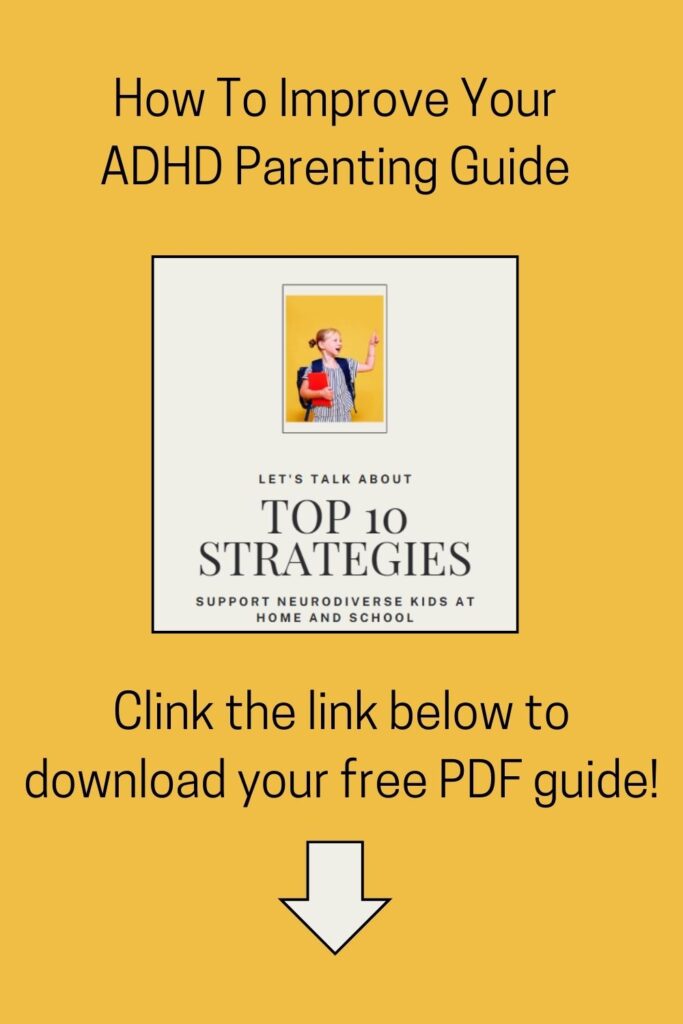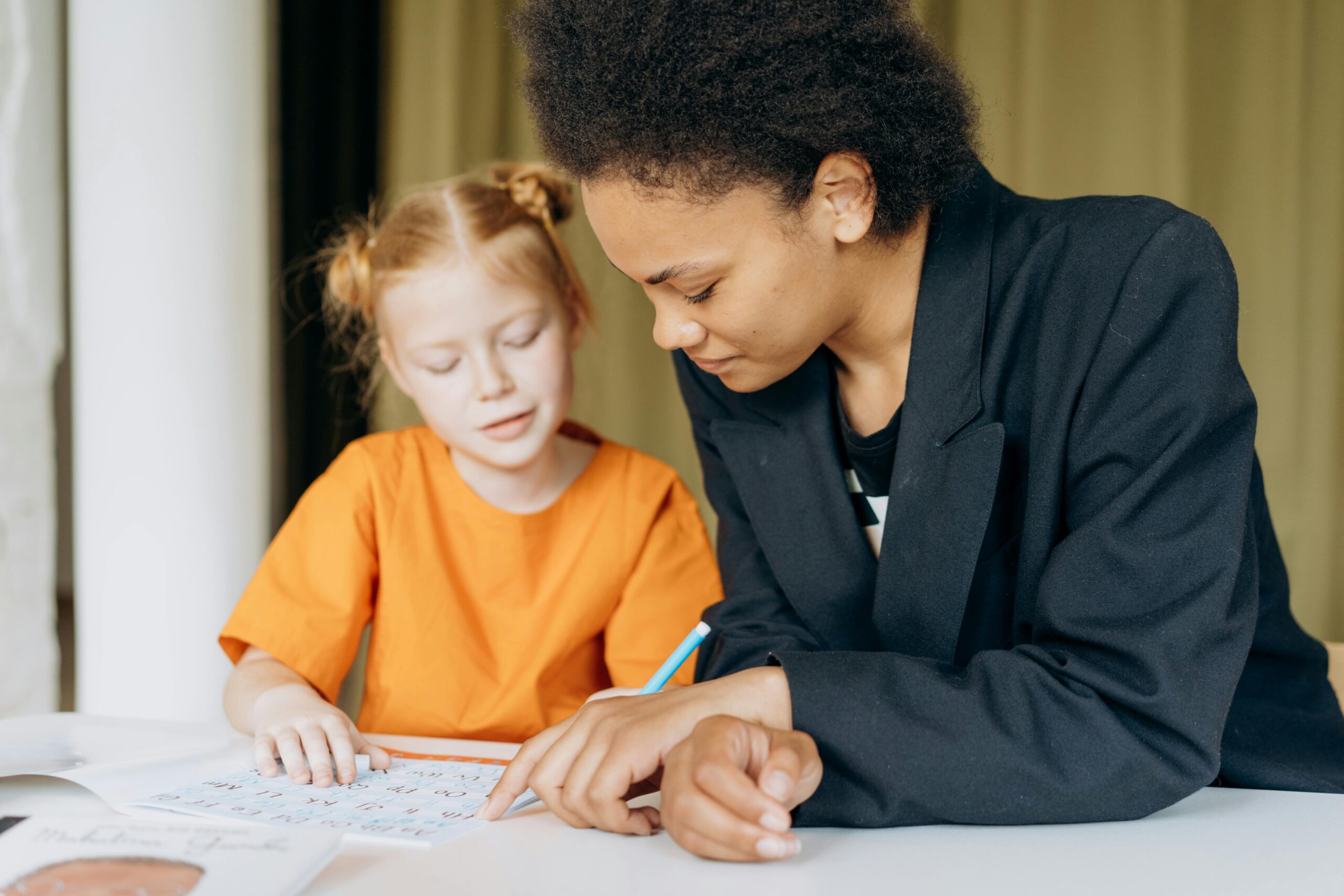Unlocking Success: Essential Vocabulary Every Elementary Student Should Know
Do you want to sneak in some education and give your child an academic edge? The secret weapon might be hidden in their vocabulary. Understanding key words can really give your child an academic edge. Words are powerful tools that help kids express themselves clearly, understand complex ideas, and build connections across subjects. The best way for your child to learn these words? By incorporating them into everyday use (and maybe sneaking them into bedtime stories).
You might need to explain these words the first few times, but with regular and natural usage, they’ll stick. Your kids probably won’t thank you (let’s be honest, they’re kids!), but they’ll be better equipped to tackle challenges in school and beyond. Here’s how to make it happen.
How to Incorporate Keywords
Let’s take an example. Suppose your child says, “I think it rained last night.” Instead of just agreeing or moving on, you could respond with, “What evidence do you have that it rained last night?” This encourages them to explain their reasoning. Maybe they noticed wet grass or puddles (or maybe they just heard the neighbor’s sprinklers and decided to roll with it).
That’s it—a subtle shift, but a BIG one! By framing conversations this way, your child learns about evidence and starts paying attention to the details that support their conclusions. This critical thinking strategy will benefit them in school subjects like science, history and reading and in everyday life (like figuring out who really ate the last cookie).
Here’s another example: If your child is solving a math problem and says, “I think the answer is 12,” you can ask, “What strategy did you use to solve that?” This encourages them to reflect on their process and builds problem-solving skills. Bonus: it also buys you a little time while you try to remember how to do third-grade math.
Want to make it even easier? Try modeling the words during playtime or daily tasks:
- “Let’s analyze these LEGO pieces to see which one fits best.”
- “Can you predict what will happen if we mix these colors?”
- “I think we need to adjust our plan. What do you suggest?” (A great line for when you accidentally burn dinner.)
Why It’s Especially Helpful for Kids with ADHD or Learning Disabilities
Kids with ADHD or learning disabilities often struggle with organization, comprehension, and communicating their thoughts effectively. Teaching and reinforcing key vocabulary can help bridge these gaps. Words like “evidence,” “strategy,” and “evaluate” provide structure for their thinking. These words act as tools to:
- Clarify their ideas
- Organize their thoughts
- Improve comprehension
- Build self-confidence
For instance, asking, “Can you summarize what we’ve just read?” helps them practice summarizing, a skill that enhances reading comprehension. Repetition and consistent use are especially important for these kids. Over time, they’ll internalize these words and the concepts behind them, making schoolwork and communication much smoother (or at least slightly less chaotic).
Top 50 Key Words to Incorporate
To make it easier to introduce these words, here’s a categorized list:
Critical Thinking
- Evidence
- Strategy
- Analyze
- Evaluate
- Predict
- Infer
- Hypothesis
- Compare
- Contrast
- Conclude
Communication
- Support
- Explain
- Summarize
- Describe
- Justify
- Define
- Discuss
- Question
- Reflect
- Interpret
Math and Science
- Experiment
- Solve
- Sequence
- Identify
- Calculate
- Estimate
- Observe
- Modify
- Test
- Measure
Organization and Problem-Solving
- Plan
- Categorize
- Classify
- Validate
- Collaborate
- Adjust
- Apply
- Explore
- Discover
- Adapt
Creativity and Connection
- Expand
- Transform
- Connect
- Represent
- Focus
- Organize
- Reason
- Explore
- Adjust
- Transform
Real-Life Scenarios
Imagine you’re baking together. Instead of just giving instructions, involve your child by asking, “What steps should we sequence to bake these cookies?” or “How can we estimate the time it will take to finish?” These small moments become opportunities to practice vocabulary in a meaningful way (and maybe eat some cookie dough along the way).
Or during family discussions, you could say, “Let’s compare our ideas and decide which plan is the best for our weekend.” This models the use of compare and decide, reinforcing vocabulary in context. Pro tip: Kids are more likely to engage when the “plan” involves ice cream.
Final Thoughts
Incorporating these words into everyday life doesn’t have to be forced or feel like extra homework. Use them naturally in conversations, and your child will pick them up over time. Encourage them to ask questions, summarize ideas, and reflect on their thoughts.
By doing this, you’re not only helping your child succeed academically but also giving them tools to navigate life with confidence and curiosity. That’s a win-win! (Even if the road to confidence is paved with LEGOs.)
As a former special education middle school teacher I can assure you,your child’s middle school teachers will thank you for all your effort!
What key vocabulary words have made a difference in your child’s learning? Share in the comments – we’d love to hear!

Check out this FREE resource: Top 10 Strategies to Support Neurodiverse Kids at Home and School! Click HERE to get the resource.





